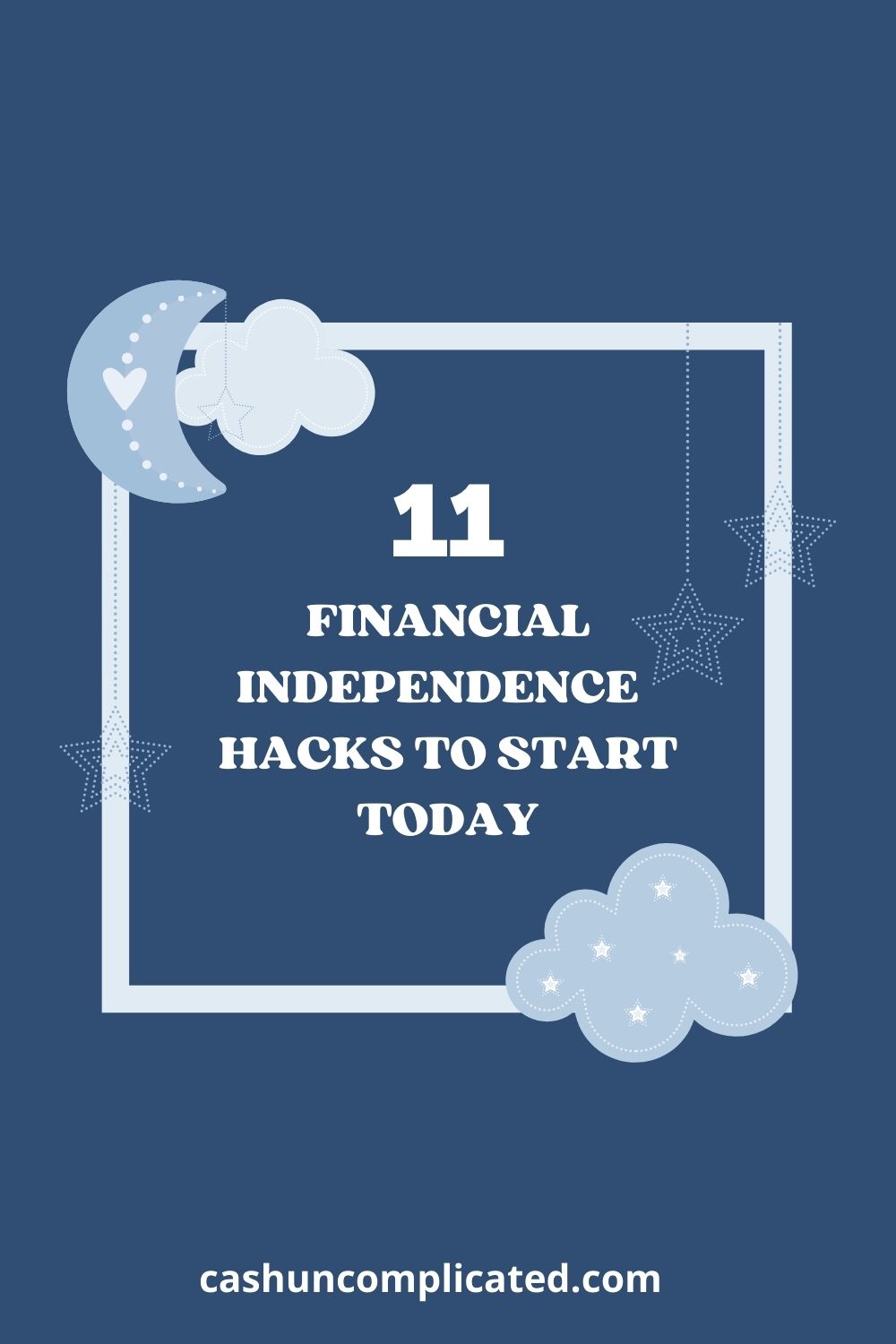Last night my two-year old daughter got into one of those moods that only two-year olds can get into where they insist on doing something. Anyone that’s had a two-year old knows what I’m talking about. What she wanted to do last night was to pour a small cup of milk into her bottle she drinks before bed.
Normally I’m pretty good at diffusing these type of “situations”, but for some inexplicable reason I decided to let her try it last night. I knew it was a mistake as I was allowing it, but I did it anyway. You know that voice in the back of your head telling you not to do something but you don’t listen to that voice? Well, that was me. You’d think after 42 years I’d learn to listen to this voice, but I’m still a work in progress…
To say it didn’t go well is an understatement. In one swift moment, all of the milk transferred from the cup in my daughter’s hand straight to the floor. I don’t think one drop of milk ever made it into the bottle. Seeing the milk on the floor only reinforced what I already knew two seconds earlier—not to let her do this.
Of course she was not happy with this and literally began crying over spilled milk, like most little kids would do. So now I had spilled milk on the floor and a very unhappy toddler. Fortunately, my father-in law was in the room and he wiped up the milk while I showed my daughter there was still milk in the original bottle. One minute later the milk was cleaned up and the crying stopped. Crisis semi-averted.
“I can’t believe I let her do that” I said to my father-in law. He nodded in agreement and we both kind of laughed.
So how does this all relate to personal finance? A few weeks ago I wrote about an overdraft fee I incurred. It was a silly mistake on my part, but something I needed to take accountability for and correct.
Read: The Checking Account Overdraft and Taking Complete Accountability
I look at this milk situation I created in the same way. I knew it was a bad idea from the start and didn’t listen to the voice in my head. Obviously it was a mistake I shouldn’t have made. It was also a good learning opportunity.
People make mistakes in personal finance all the time. I’ve made tons of mistakes, that’s one of the reasons I decided to write a book and start this blog. My hope is to share some of my biggest mistakes so others don’t repeat them.
A really nice thing about personal finance is that we all can make mistakes and recover. I made tons of money mistakes throughout my 20’s and early 30’s. So much so that I had a net worth of close to zero dollars for a long time. Additionally, I had consumer debt, which was significantly hindering my personal finances. I was able to recover from that in a matter of a few years.
Sure, I would have been a lot better off financially now if I hadn’t made those mistakes, but the point is we can all learn and recover. The way to learn and recover from our mistakes is by keeping a growth mindset—which includes acknowledging that we are going to make mistakes, but also learning from them and getting better.
If we learn even one new thing per week about how to be more effective with our personal finances, that’s 52 new things in the span of a year. Over the course of two years, that’s over 100 new things. Even that seemingly small amount of learning would transform most people’s overall financial picture.
No matter if you’re a complete beginner with money management or highly fluent, you can always learn something new. You’ll actually probably learn more as a beginner since you’re starting from scratch.
It’s really about the now. Going back and dwelling on past mistakes doesn’t do anyone any good. Statements such as: “If I had only invested ten years ago when the market was down” or: “If only I didn’t have this debt” aren’t helpful.
We have to look at where we are now and take it from there. If you didn’t invest 10 years ago when the market was down, begin investing now. You can’t go back in time and get a “do-over.” Or if you’ve got consumer debt, make a plan to pay it off and then execute that plan. Wishing you didn’t have debt doesn’t help at all.
There’s a Chinese proverb: “The best time to plant a tree was 20 years ago, the second best time is today.” I look at personal finance in the same way. The best time to invest was 20 years ago (or 10 or 5), the second best time is today. Or, debt ideally would have been paid off years ago, but if it’s not, start paying it off today.
Time moves remarkably fast and the decisions we make today have a way of impacting us faster than we think. 10 or 20 years into the future seems like such a long time but it’s really not that far away. The best thing we can do for our future self is to make smart decisions and take action today.
Using an extreme example, imagine someone who has completely bombed their financial life into their 40’s. Maybe this person took on loads of consumer debt, bought cars they shouldn’t have, and even defaulted with some creditors. Their net worth is negative $70,000 and it seems to be a hopeless situation. This person can still recover. There’s no use in dwelling on the past because this is where they are today and the only thing to be done is to make a plan and take action.
Sure, this person probably isn’t going to be able to retire early at the age of 50, but they can get out of this financial mess. It’s not going to be easy, but with a growth mindset, creating an actionable plan, and consistent execution of the plan, it will be a lot easier.
Much like the spilled milk, there’s no use in dwelling on the past and going through all the woulda, coulda, shoulda. If the milk spills, clean it up, learn from it, and move on. If your personal finances aren’t where you want them to be—learn from the mistakes of the past, make a plan for success, and then execute that plan. It really is that simple.
What’s one thing you need to learn from and move on?








